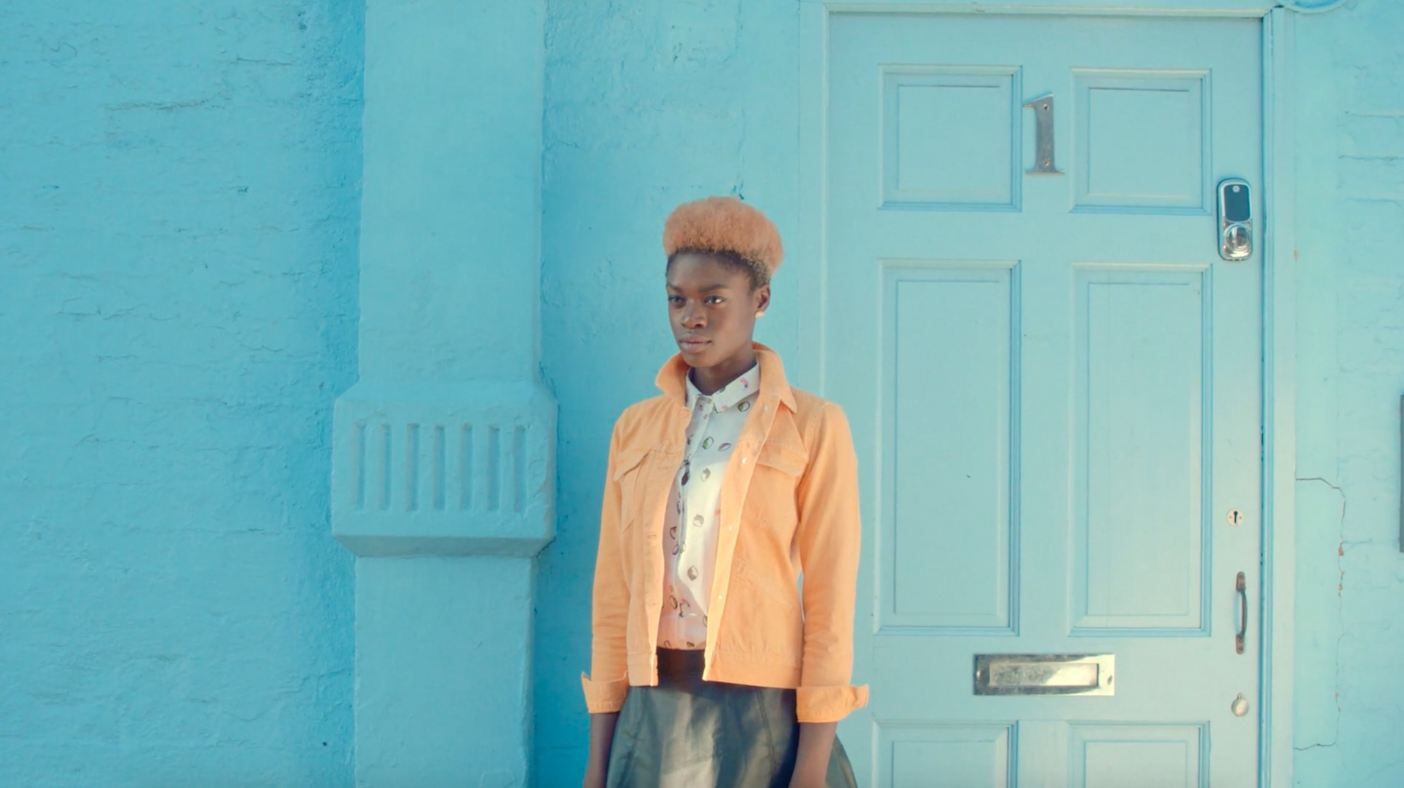NERD Productions are extremely thrilled to reveal the latest addition to our ever-growing roster, established and inspired live action director Brett De Vos.
With a background in both performance and cinematography, Brett became a perfectly fitting member of the NERD family as he expressed his interest and desire in producing empowering work that promotes a positive message specifically related to gender, orientation, body-image, class and freedom of self-expression.
As strong and active advocates for diversity and inclusion, we at NERD believe it is important to keep up the conversation of change, therefore sharing with you Brett’s unboxing of society’s conformity.
The New Wave of Media Makers
The media we consume shapes our view of reality, becoming our compass for societal norms – delineating what is acceptable, desirable and ultimately contextualising our place in the world. With the ever-increasing convergence of the physical and digital worlds and the prevalence of screens in every facet of our daily lives, the influence of media and entertainment has never been more powerful, and its power is only going to expand. Advertising is notorious for the negative influence on society – creating an impossible script idealizing singular ideals of beauty, gender, wealth, that individuals strive but inevitably fail to live up to. The motive – to create an insatiable need within us that drives us to keep purchasing. Not a great reputation, but the truth is that fundamental platitudes are shifting – I think that this shifting consciousness is reframing the future of advertising and the media’s influence as a positive force.

People aren’t consuming media in the same way anymore. Although it is more present than ever, it’s also easier to skip, avoid and ignore. You don’t sit around and wait for your favourite TV show between ad breaks; you choose what to watch, when you like, (mostly) ad free. Of course, the influence doesn’t start and end with advertising… Have you seen ‘Friends’ lately? Since Netflix have released all 12 million episodes many have been re-watching it and have been shocked at the homophobia, transphobia, gender stereotypes, (the list goes on and on) that it promotes. When I was a young pre-teen I remember watching ‘Friends’ and being amazed at its ‘progressive values’. It shows how far we have come, but also it shows us how the content we watch shapes our perceptions of what is acceptable.
This is where diversity and inclusion fit in.
When media presents and includes a broader diversity of people, in a normal or positive light, in media we are validating and re-enforcing their relevance and societal worth. We give people relatable role-models, create comfort in their identities and proliferate a feeling of belonging. It’s easy to see and understand how important it is for those on the fringes of the mainstream to see themselves in media: transsexuals, disabled and disfigured folks are slowly becoming more visible in commercials and TV shows, giving so many just like them hope for their future and encouraging them to take pride in who they are.

A recent River Island campaign #labelsareforclothes shows models with down syndrome, various disabilities and of all different sexual orientations and identities in an embracive, normal way. Imagine the power that holds for the morale and self-acceptance of a kid with down syndrome or in a wheelchair. Groups such as plus size, racial and religious minorities are also more integrated in mainstream media, on the back of (and sometimes leading the way for) movements like Body Positivity and Black Lives Matter. The benefits and impacts on and for those individuals are obvious – societal and self-acceptance, social integration and relevance are just a few. What I really want to tackle though is the positive influence that diversity and inclusion has on mainstream audiences – those that identify with the conventions and norms and have been positively represented in the media for decades.
I think one should speak from what they know, so in that spirit – take me as an example: I am 31 year olds, middle class, hetero-normative, average-sized white male. For all intents and purposes, I am the personified antithesis of diversity and inclusivity. One would presume I have nothing to gain from it, however, you only need to scratch a little below the surface to see how I have benefited from the normalization and visibility of ‘different’ people. Although I am a man, I have never identified with the hallmarks of masculinity. Being raised mostly by my Mother and sister, I have an ingrained sensitivity shunned by traditional masculinity which extends to the way I express myself in art, in my dress, the way I talk, move and so on. Seeing non-typical forms of masculinity becoming more present and positively represented in the media gave me the strength and comfort to embrace those parts of my identity. This broke down walls of shame that had previously kept me from social interactions and artistic expressions.

Furthermore, I was a chubby kid and after massive amounts of peer ridicule and never feeling attractive, like the guys on TV or in the magazines, I developed an eating disorder… The results of which I was mostly praised for. Through the visibility of body positive role models (still mostly female) like Beth Ditto I was able to eventually accept my body shape and weight. Even the recent ‘This is America’ music video (pushing boundaries on so many levels) that shows a topless Donald Glover – without a hairless, six pack stomach – moving confidently and with just as much ability and style as any other dancer was huge for me. The normalization of fluid and gay or lesbian sexual orientation, allowed me to talk openly and unashamedly about my past same-sex encounters that before I wouldn’t even acknowledge/admit to myself for fear of what it would mean. So even for someone whom seemingly fits the mould – the presence of diverse modalities and identities has allowed me to accept and embrace the parts of myself that have stopped me from being my authentic self and living my fullest life.
I expect it is the same for the vast majority of people who seemingly fit the mould. When we embrace these differences in ourselves, we embrace it in others too and (most importantly here) vice-versa. This is game changing. Life changing. It could be world changing.
So even those who fit the mould suffocate within it, for it keeps them locked in a ‘safe’ identity. It keeps so many people trapped in an externally constructed and projected script, a vision of what and who they should be: resulting in and perpetuating eating disorders, self-loathing, addictions and fear of anything outside of what is deemed acceptable. The diversity on our screens – in commercials and entertainment – breeds an environment of acceptance for what is ‘different’ or not the accepted norm not just in others but also within ourselves.

Inclusivity and diversity is not just a passing trend for brands/programming to seem hip and cool – it is the tidal power building beneath a new wave of acceptance and positivity – a new modality and sensitivity for advertising to sell to us by lifting us up instead of putting us down and boxing us in.
Having recently signed with NERD productions, it has been refreshing and encouraging to see that others also fully embrace and promote this emerging sensibility. The positive potential of advertising and media’s future influence is unlimited. So, to all the directors, ad execs, creatives and creators reading this, don’t back down, keep pushing and fighting for diversity and inclusion – we are the ones who can reshape this industry and our worlds.
Media has helped to breed a generation of consumers. Our duty and goal should be to nurture a generation of engagers, questioners and innovators. We are the media revolutionaries.
See more of Brett De Vos’ work here.
Want to work with Brett? Get in touch!

